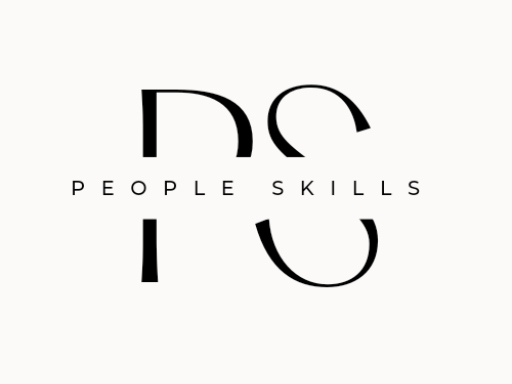To foster a highly effective team, it is crucial to engage in three pivotal types of discussions with your team members. These discussions serve as a catalyst for growth, development, and mutual understanding, ultimately propelling the team toward outstanding performance.

Let’s explore each of these discussions in detail:
Progress Check-in
This discussion revolves around work-related matters, emphasizing the daily activities that drive the team’s progress. As a leader, it is your responsibility to ensure that employees are consistently making headway in their respective roles. By dedicating time to this short-term focused discussion, you keep the team aligned, ensuring that business as usual runs smoothly.
Development
These conversations center around the career development of team members. As a leader, it is imperative to provide opportunities for growth and professional advancement. It is important to acknowledge that each individual is on their unique journey, and some may not aspire to pursue career growth at certain stages of their lives. Respect these choices, recognizing that not everyone needs to become a team leader, manager, or director. Embracing diversity within the team, including reliable and steadfast contributors, is crucial. During these mid to long-term focused discussions, you collaborate with team members to identify their strengths that can be further developed and areas where improvement is needed. This collaborative approach allows you to create a development plan tailored to their needs.
When crafting a development plan, prioritize the following:
- Training [10%]: Encourage participation in workshops, personalized 1-on-1 sessions, and leverage online learning platforms to enhance skills and knowledge.
- Shadowing Others [20%]: Promote learning through exposure to new situations and experiences by assigning mentors or coaches within the organization.
- Hands-On Experience [70%]: Emphasize learning by doing. Identify relevant projects that team members can actively participate in or even spearhead to develop specific skills. Regularly check in on progress to ensure growth and provide support where necessary.
Details
Above all, never lose sight of the fact that you are working with human beings. It is essential to invest effort in getting to know the individuals behind their job titles. Recognizing their unique personalities, interests, and aspirations fosters a deeper connection and mutual understanding. By valuing each team member as a person, you lay the foundation for stronger collaboration and a more inclusive work environment.
Conclusions
By actively engaging in these three types of discussions—Progress Check-In, Development, and Details—you cultivate a team that is motivated, empowered, and driven to achieve extraordinary results. Remember, it is through nurturing your team members’ potential that you unlock their true capabilities and lay the groundwork for long-term success.
